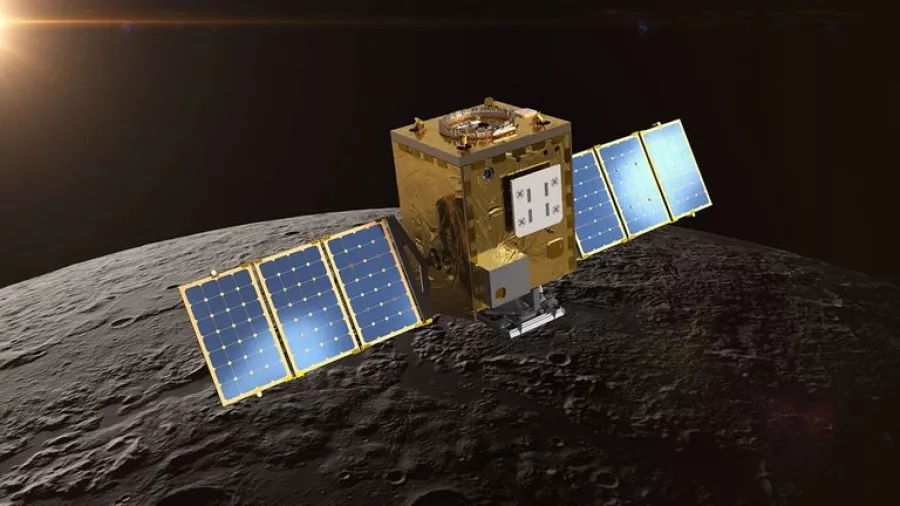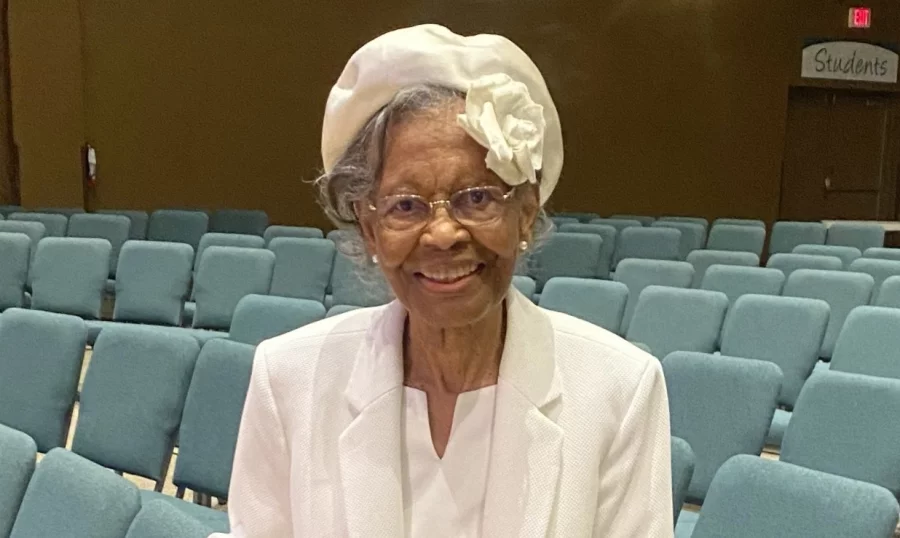 Scientists at the Large Hadron Collider have come the closest ever to re-enacting the beginning of the Universe – reproducing conditions a millionth of a second after the Big Bang.
Scientists at the Large Hadron Collider have come the closest ever to re-enacting the beginning of the Universe – reproducing conditions a millionth of a second after the Big Bang.
Colliding particles of lead at each other at close to the speed of light, they produced heat a million times hotter than the centre of the Sun - temperatures close to those generated at the beginning of time.
The series of "mini-Big Bangs" were so powerful, scientists were hopeful they would cause sub-atomic particles to "melt" into their most basic ingredients and bring researchers closer to finding the fundamental building blocks of the Universe.
It was hoped the resulting hot dense "soup" would also prove the existence of a whole new state of matter known as the Quark Gluon Plasma. Quarks are thought to be tiny positive charges which make up protons and neutrons. They are held together by gluons, another kind of sub-atomic particle.
This discovery in turn could lead to the uncovering of one of the fundamental forces that bind everything together.


 On February 26, 2025, a NASA probe called Lunar Trailblazer lifted off from Kennedy Space Center...
On February 26, 2025, a NASA probe called Lunar Trailblazer lifted off from Kennedy Space Center... She navigated segregation to become an esteemed mathematician — and today, her work helps billions of...
She navigated segregation to become an esteemed mathematician — and today, her work helps billions of... A newly discovered species of large dinosaur lived in marshy areas, hunted for fish and had...
A newly discovered species of large dinosaur lived in marshy areas, hunted for fish and had... Scientists may have discovered an explanation for a cosmic mystery uncovered by the James Webb Space...
Scientists may have discovered an explanation for a cosmic mystery uncovered by the James Webb Space...






























